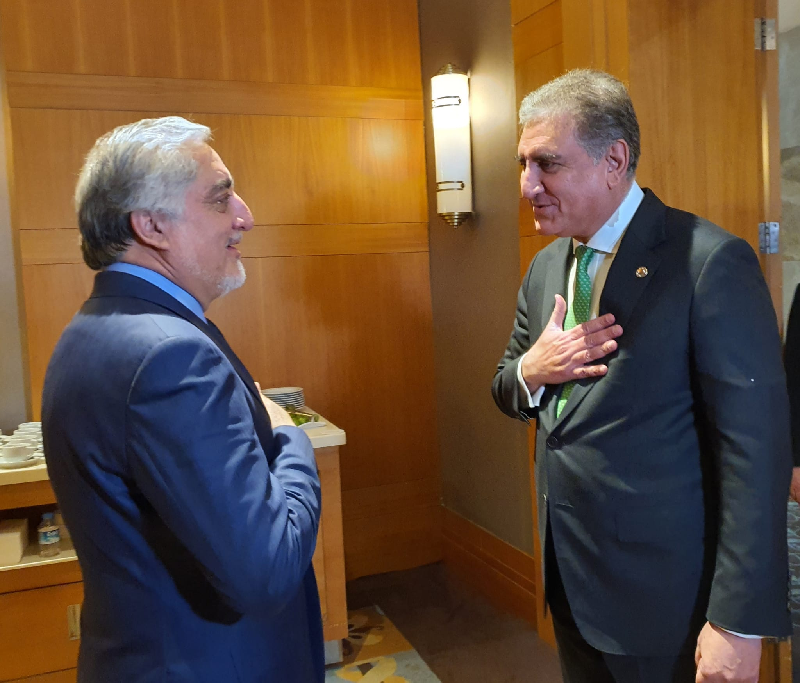
The diplomatic spat between Pakistani and Afghan national security advisers (NSA) is not subsiding as the latest diatribe by Hamdullah Mohib on Friday prompted Foreign Office to call his statement a deliberate attempt to nullify the peace efforts.
This is the second time Pakistan had to issue a strong rejoinder to the Afghan NSA in recent weeks and comes at a time when Afghan peace process hangs in balance.
The latest war of words was triggered by Mohib’s tweet, accusing Pakistan of interfering in the internal matters of Afghanistan while referring to the recent interview of Foreign Minister Shah Mehmood Qureshi to an Afghan television.
Qureshi in his interview said Afghan Taliban alone could not be held responsible for the violence in Afghanistan as he pointed fingers to other players including ‘spoilers’ who did not wish peace to return to the war-torn country.
The Afghan NSA earlier hurled similar allegations against Pakistan, calling Afghan Taliban as Pakistan’s proxy. He even termed Pakistan a “brothel house”. Islamabad lodged a strong protest with the Afghan government and decided to sever all official links with the Afghan NSA.
Officials believe that the Afghan NSA represents elements who do not want peace in Afghanistan.
“We strongly condemn the baseless insinuations by the Afghan National Security Advisor (NSA), Hamdullah Mohib, alleging Pakistan’s involvement in the internal affairs of Afghanistan,” read a statement issued by the Foreign Office.
The FO statement said Pakistan’s role in the Afghan peace process had been widely acknowledged by the international community.
“The repeated impertinent and unwarranted remarks by the Afghan NSA are deeply concerning as they are tantamount to a calculated attempt by his office to disregard and nullify the progress in the peace process so far,” the statement noted.
Also read: Afghan NSA’s remarks spark diplomatic crisis
“We would also like to remind the Afghan NSA, of mutual understanding reached in Afghanistan-Pakistan Action Plan for Peace and Solidarity (APAPPS), obligating both sides to avoid public blame-game and use official channels to discuss complete gamut of bilateral relations. Statements that erode mutual trust should be avoided,” the statement added.
Meanwhile, even as the FO issued a strong rebuttal to the Afghan NSA’s allegations, FM Qureshi met Afghan High Council for National Reconciliation (HCNR) Chairman Abdullah Abdullah on the sidelines of Antalya Diplomacy Forum (ADF) in Turkey today.
Recalling the successful visit of Abdullah Abdullah in September 2020, the foreign minister reaffirmed Pakistan’s policy of maintaining the broad engagement with Afghan political leadership to forge deeper mutual understanding on the bilateral relations and the Afghan peace process, said the communiqué.
Met @DrabdullahCE & reaffirmed our policy of engagement across the board with Afghan political leadership to forge deeper mutual understanding on bilat relations & peace process. Shared our hope for 🇦🇫 leaders to expedite progress in Intra-Afghan Negotiations for lasting peace. pic.twitter.com/5rsfdjwly9
— Shah Mahmood Qureshi (@SMQureshiPTI) June 18, 2021
FM Qureshi highlighted Pakistan’s meaningful contribution to facilitate the direct talks between US and Taliban as well as the Afghan parties.
He reiterated that it was now up to the Afghan leaders to seize the historic opportunity afforded by the intra-Afghan negotiations for an inclusive, broad-based and comprehensive settlement. He urged the Afghan leaders to expedite progress in intra-Afghan negotiations for lasting peace in Afghanistan.
The foreign minister added that the progress in the Afghan peace process was critical to reduce space for spoilers, who did not wish to see return of peace in the region. He underscored that negative statements and blame game only served to vitiate the environment and strengthen the hand of spoilers who wished to derail the peace process.



1730959638-0/trump-(19)1730959638-0-165x106.webp)

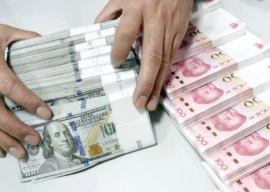
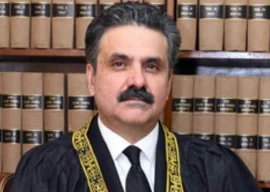
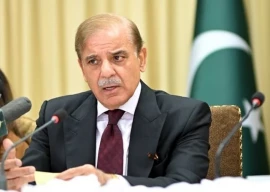


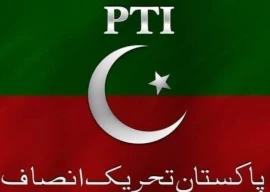
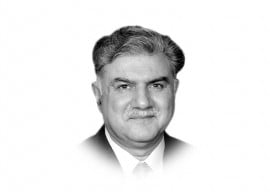
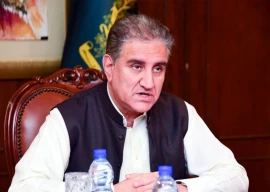
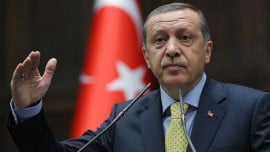






COMMENTS (3)
Comments are moderated and generally will be posted if they are on-topic and not abusive.
For more information, please see our Comments FAQ